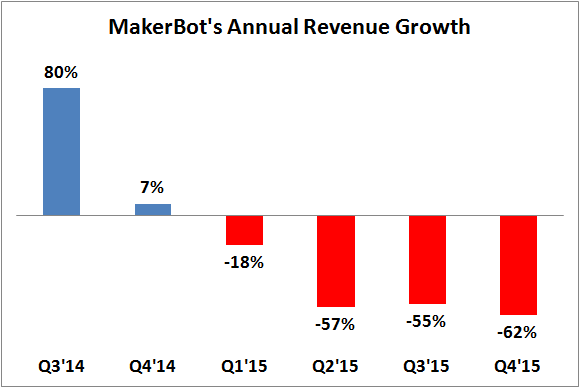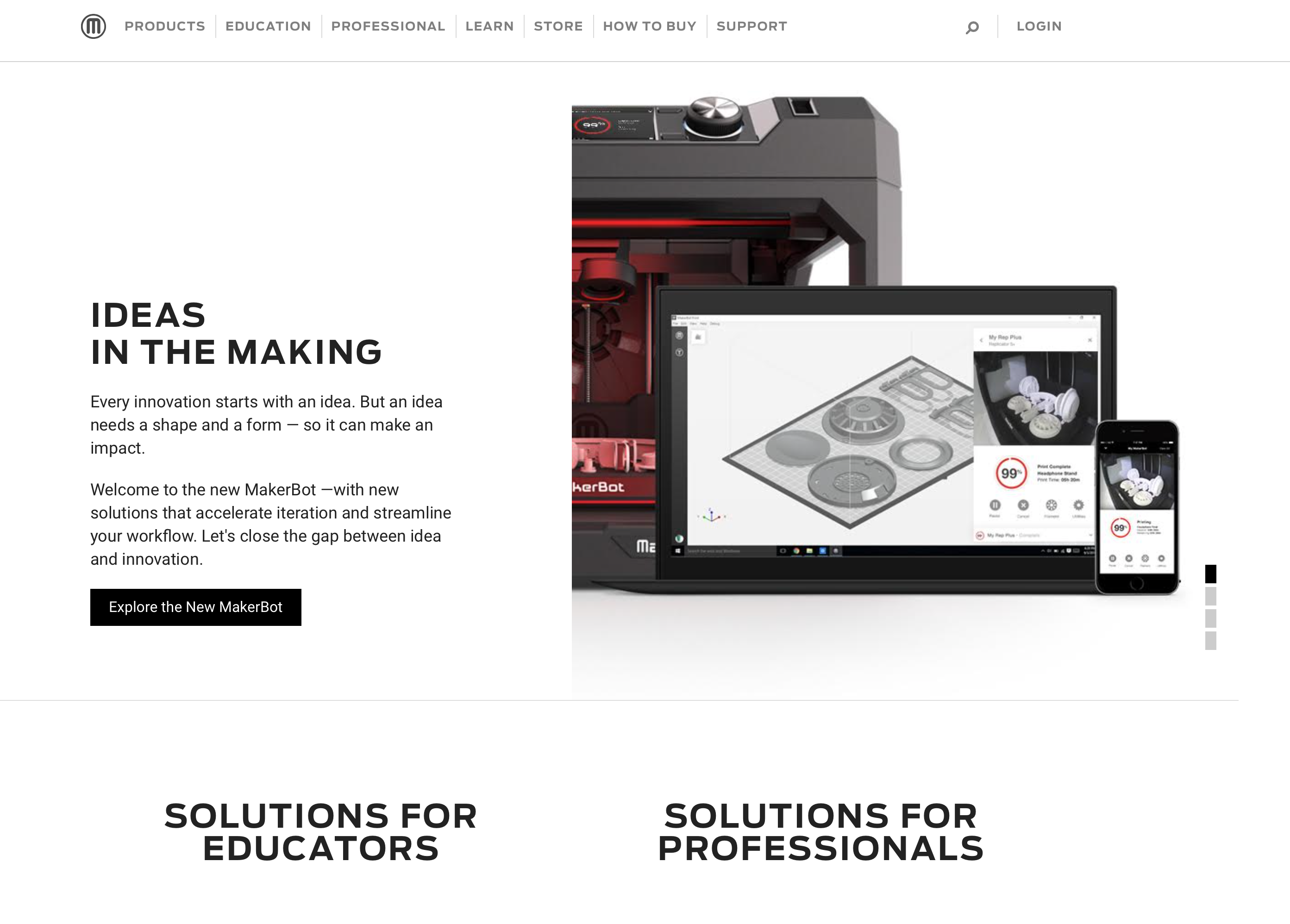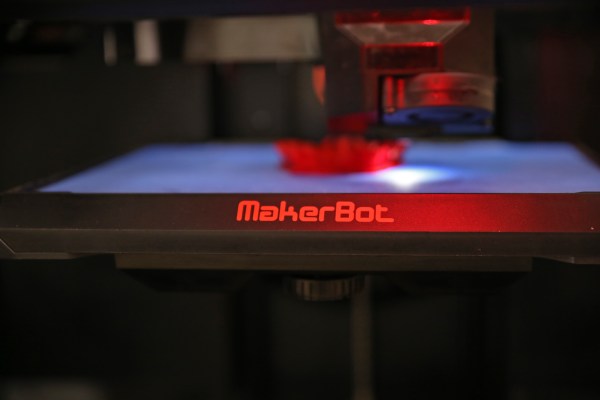The promise of premium home 3D printing hasn’t panned out. Hobbyist printers are common and cheap these days – there are plenty of models at around $500, the price of a really good laser printer – but the original vision of a 3D printer on every desk didn’t quite pan out. And Makerbot learned that piece of news the hard way.
When the company started it was the brand to beat. Makerbots were well-made, nicely designed, and reliable. They were proudly made in Brooklyn in a way that electronics hadn’t been manufactured in that borough for a century. in fact, in July 2015 the company opened a new factory in the heart of hipster country.
“The launch of factory here today is just evidence to the fact that we expect and are committed to remaining here,” said Makerbot CEO Jaglom that July at the factory’s opening. A year later that factory closed. Growth fell. The Makerbot name became, in a way, toxic.

A poor cultural fit as well as a class action lawsuit related to the company’s seemingly faulty Smart Extruder brought the high-flying company crashing down. Now it’s bringing things back home.
Fast forward to today. As Brian Heater wrote, Makerbot has launched two new printers, a “Professional” model and an educational one. Rather than offer a few simple sizes – a tiny one, the Replicator Mini, for fun, a bigger one called the Replicator, and the biggest one, the Z18 – they’ve focused on two markets, education and pros. Even their website, once a whirlwind of consumer facing fun, is now focused primarily on those two segments.

It’s a strange thing to watch. Makerbot was supposed to commercialize the 3D printer, to give us all a reason to churn out plastic gewgaws with our super-cool 3D printer. Instead it brought about countless competitors who all raced to the bottom and, after rushing to market, a faulty product that ruined its reputation.
Makers aren’t going away. There is still plenty of call for a home 3D printer. Now that they are inexpensive, efficient, and easy-to-use there is little reason to pay a premium for a premium product when you can pick something up at half the price.
I’ve had Makerbots since they launched and I haven’t had trouble. But I know plenty of owners that did. Now that the company has gone from general-purpose fun machine to a professional and serious 3D printer company, I suspect many of those frustrated owners will abandon the brand for something cheaper. While Makerbot still has the best software and the new models have some truly interesting improvements (including a unique flexible bed that makes it easier to remove prints) I think the true test will be who wins the hearts and minds of average person looking for a 3D printer in the next few years. Given that no one has truly cornered the market I suspect they will do a quick Google search and find Makerbot complaints, lawsuits, and product announcements… and will head somewhere else.
